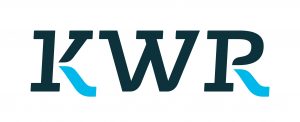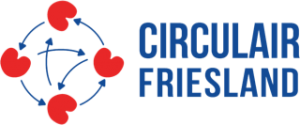Resource Recovery as a contribution of the water sector in a Circular Economy
Date and time: Wednesday morning September 26th 2018
Historically Wastewater Treatment Plants (WWTP) primarily processed wastewater allowing it to be safely discharged into the surface water. Next to this primary task, modern WWTP are able to harvest valuable components e.g. Energy/Biogas, Nutrients, Cellulose, Polymers, Metals, etc.
In this session we will discuss how these developments can contribute to a circular economy.
Moderator
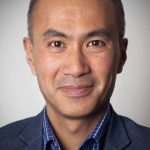 Alex Berhitu (WaterAlliance)
Alex Berhitu (WaterAlliance)
Bio
Alex Berhitu, has a BSc degree in Analytical Chemistry and over 20 years practical experience in connecting people and technology. He has started his business development career with state of the art membrane filtration and automated solid phase extraction, now his sole focus is on connecting Dutch SME in innovative water technology with global water challenges and opportunities. At the Water Alliance, Alex Berhitu moderates many match making sessions and stimulates open discussions on combining knowledge and technology to solve complex water related issues, which often leads to new business consortia and/or market opportunities.
Title: The economy of the future
The “Circulair Friesland” association aims for a fast transition towards a sustainable and circular economy in the province of Friesland (NL). It works on solutions for this transition by carrying out a wide range of projects together with businesses, governments and civil society organizations.
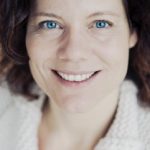 Speaker
Speaker
Ingrid Zeegers (Circulair Friesland)
Bio
Ingrid Zeegers is afgestudeerd econoom. Na haar loopbaan in marketing en sales bij o.a. Procter & Gamble, consultancy en Philips, maakte ze in 2004 binnen Philips de overstap naar duurzame business ontwikkeling, waar ze duurzame innovatie op basis van Circulaire Economie principes heeft opgezet en ontwikkeld. Sinds begin 2016 is Ingrid projectleider en aanjager bij de Vereniging Circulair Friesland en vormt ze per september 2017 de directie als Programma Directeur.
Title: Resource recovery as a circular economy building block
The depletion of resources and of fossil energy sources make a transition from today’s linear economy to a circular economy necessary. This has also led to growing interest in the water sector worldwide in resource recovery – the reuse and recovery of water cycle residuals for their transformation into valuable products. Alongside the reduction of consumption of primary resources, resource recovery constitutes an important building block for the circular economy.
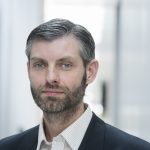
Kees Roest
Speaker
Kees Roest (KWR watercycle research institute)
Bio
Kees Roest has worked at KWR since 2008 and stood at the forefront of the KWR wastewater research. On the Industry, Wastewater and Reuse team, he works on innovative wastewater purification concepts and technology and the reuse of water, energy and components such as nutrients, cellulose and metals. His research activities used to be mainly fundamental, currently Kees’s work is increasingly applicational. In addition to being a researcher and project manager, Kees is also a coordinator of the KWR TKI (Top Consortium for Knowledge & Innovation) Water Technology Programme. He founded the European Innovation Partnership on Water Action Group ARREAU (Accelerating Resource Recovery from the watercycle).
Title: ReCirc Singapore aims at joint development of resource recovery technology for circular economy
Thirteen Dutch organisations initiated the ReCirc Singapore consortium to explore circular solutions in the fields of sludge and waste processing and resource recovery, both in Singapore and the Netherlands. The cooperation focuses on pragmatic solutions, more applied R&D, business development and cross sectorial collaboration. ReCirc Singapore is a public-private partnership (PPP) between business, government, civil society organizations and knowledge institutions
Speaker
Arjen van Nieuwenhuijzen (Witteveen+Bos)
